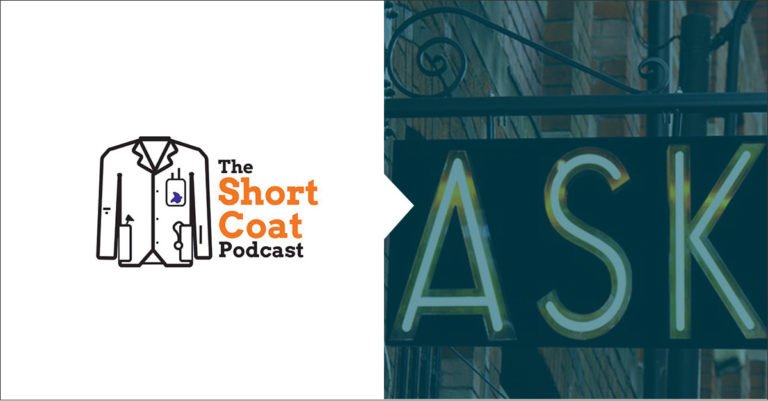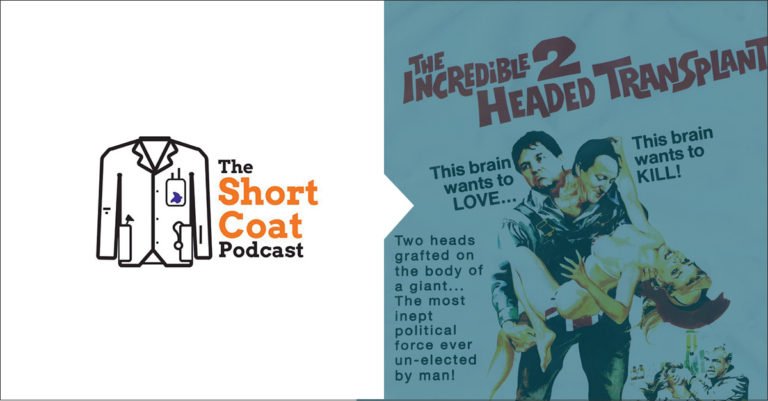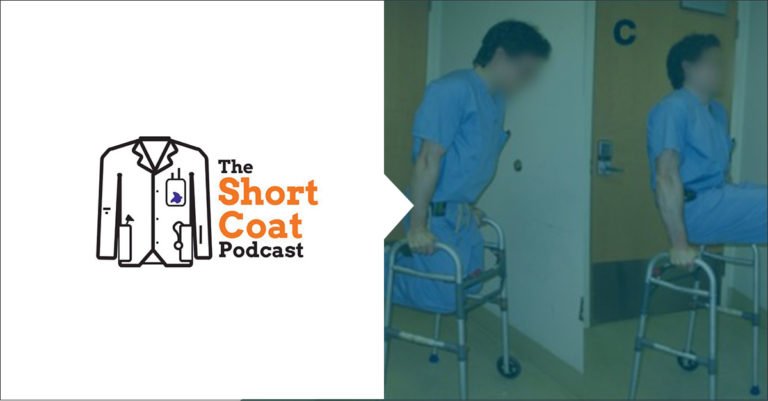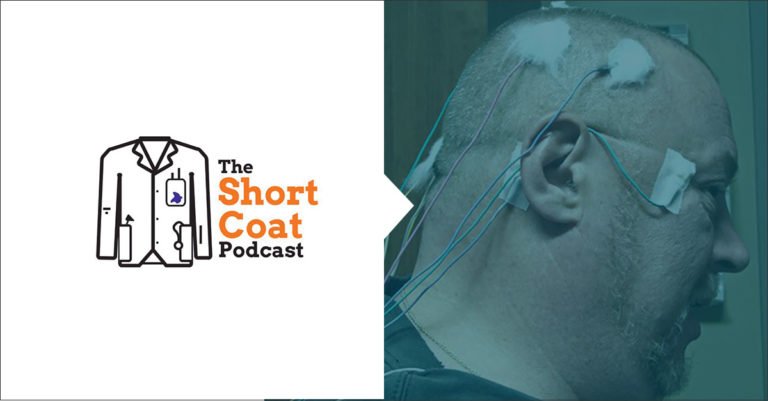
Interview Prep, Opening Up, and Death.
And no, that’s not the three stages of your med school application. ’Tis the season ... Read more
Written by: The Short Coat Podcast
Published on: July 20, 2018

And no, that’s not the three stages of your med school application. ’Tis the season ... Read more
Written by: The Short Coat Podcast
Published on: July 20, 2018

Writing about yourself can be intimidating. Luckily, I’ve got this venue here for practice, but ... Read more
Written by: Adelle
Published on: July 16, 2018

With the start of classes quickly approaching (and Amazon Prime Day just around the corner!) ... Read more
Written by: Student Doctor Network
Published on: July 14, 2018

So many listener questions! Listener Amari returns to ask Aline Sandouk, Jayden Bowen, Tony Rosenberg, ... Read more
Written by: The Short Coat Podcast
Published on: July 13, 2018

Many applicants applying with AMCAS strive to complete and submit their application as quickly as ... Read more
Written by: AAMC Staff
Published on: July 12, 2018

MCAT stands for the Medical College Admissions Test, which is an examination that one must ... Read more
Written by: Emily Millet
Published on: July 10, 2018

Your Med School Application is Too Important to Rush Listener Hanna wrote in to ask ... Read more
Written by: The Short Coat Podcast
Published on: July 6, 2018

You and your spouse are investing a significant amount of time, energy, and money into ... Read more
Written by: Amy Rakowczyk
Published on: July 5, 2018

Ms. Carolann Curry is a Library Assistant Professor and the Reference & Outreach Librarian at ... Read more
Written by: Jacob Adney
Published on: July 4, 2018

How can you brag about yourself without bragging about yourself? We are taught from a ... Read more
Written by: The Short Coat Podcast
Published on: June 29, 2018

Updated and verified by Dr. Lee Burnett on March 19, 2022. The ability to deliver ... Read more
Written by: Kunal Sindhu
Published on: June 28, 2018

Up until medical school, my life was relatively smoothing sailing. I did not really have ... Read more
Written by: Medicine Pathways
Published on: June 26, 2018

We love when listeners get in touch, which is why Dave was glad to hear ... Read more
Written by: The Short Coat Podcast
Published on: June 22, 2018

There are so many paths that people can take to get to medical school. In ... Read more
Written by: Adelle
Published on: June 20, 2018

Your medical school application can be like a puzzle. Each piece fits together to form ... Read more
Written by: AAMC Staff
Published on: June 18, 2018

The challenges of providing healthcare in an occupied territory Steve Sosebee is the president and ... Read more
Written by: The Short Coat Podcast
Published on: June 15, 2018

Step 1 of the United States Medical Licensing Examination (or USMLE) covers all preclinical topics ... Read more
Written by: Cassie Kosarek
Published on: June 13, 2018

It’s hard to be a pre-med. There are high expectations for the types of experiences ... Read more
Written by: Joel Butterly
Published on: June 11, 2018

A 32-year-old female presents with a headache and a rash on her trunk and extremities. ... Read more
Written by: Figure 1
Published on: June 9, 2018